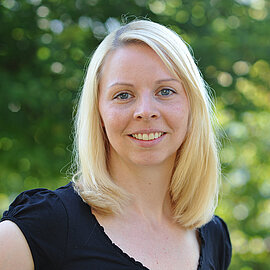Effective 1st of April 2015, the European Union abolishes milk quotas. These quotas existed since 1984. With the production limits no longer in place in the EU member states, milk prices will likely settle at the lower world market level. Taking clues from the fact that the actual milk deliveries in some EU member states were in excess of the prescribed milk volume in the now concluding dairy farming year, IAMO Director Professor Thomas Herzfeld expects the milk production to remain at a high level or even briefly increase after the abolition of milk quotas. "The long-term production will mostly depend on the future development of the global dairy market and in particular on the access to important markets for EU dairy products such as Russia and the Middle East. For quite a while now, dairy farming keeps shifting mostly to Northwest Germany. Presumably, this structural shift will continue. Moreover, the currently very low interest rates are conducive to investments. This will further invite capacity increases in prime locations. On the other hand, further restrictions on permissible amounts of dairy shed effluent in an effort to reduce excessive nitrogen levels will limit the expansion", explains the researcher with focus on economic perspectives.
Contact at the Leibniz Research Alliance "Sustainable Food Production and Healthy Nutrition":
Dr. Doreen Burdack
Tel.: +49 331 5699-226
dburdack(at)atb-potsdam.de
www.leibniz-lebensmittel-und-ernaehrung.de
The abolishment of milk quotas and the expected consequences

Contact

Prof. Dr. Thomas Herzfeld
Director of IAMO
Head of Department Agricultural Policy
Room: 117
